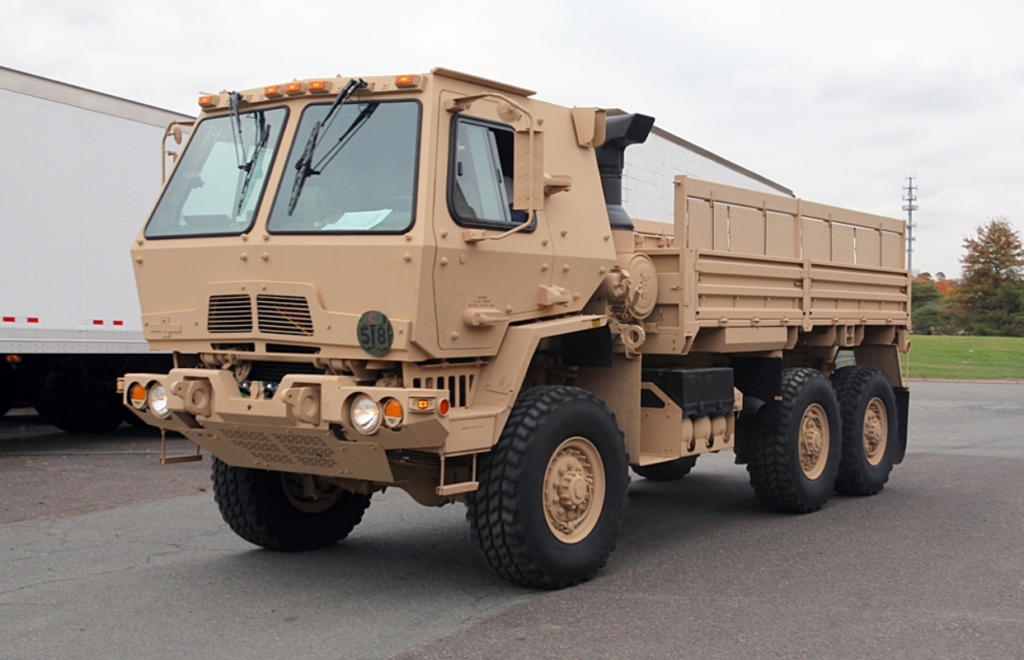Palantir has signed a $178-million deal to develop a next-generation ground station targeting system for the US Army.
The software company will build 10 Tactical Intelligence Targeting Access Node (TITAN) stations to connect data-gathering sensors for more advanced beyond-line-of-sight targeting.
The TITAN prototypes will come in Advanced and Basic variants with deep-sensing capabilities enabled by AI and machine learning.
Palantir will integrate software and other technologies into TITAN from defense subcontractors, including Northrop Grumman, L3Harris, and Anduril Industries, who will spearhead its hardware design, development, and manufacture.
Palantir USG President Akash Jain said that providing AI-defined capabilities will give the army a tactical advantage on the battlefield, allowing troops to execute real-time decisions at critical speeds.
“This award demonstrates the Army’s leadership in acquiring and fielding the emerging technologies needed to bolster US defense in this era of software-defined warfare,” he shared.
The army will decide on the system’s full implementation by 2026 following feedback collection and familiarization.
TITAN Variants
The TITAN variants will perform two separate functions, with the main difference being one’s ability to take in space sensor data.
The Advanced model will have complete features installed in larger tactical trucks like the M1083. Conversely, the Basic version will be fitted onto Joint Light Tactical Vehicles and will have no direct space downlink.
Soldier input for both variants will run for two years.



